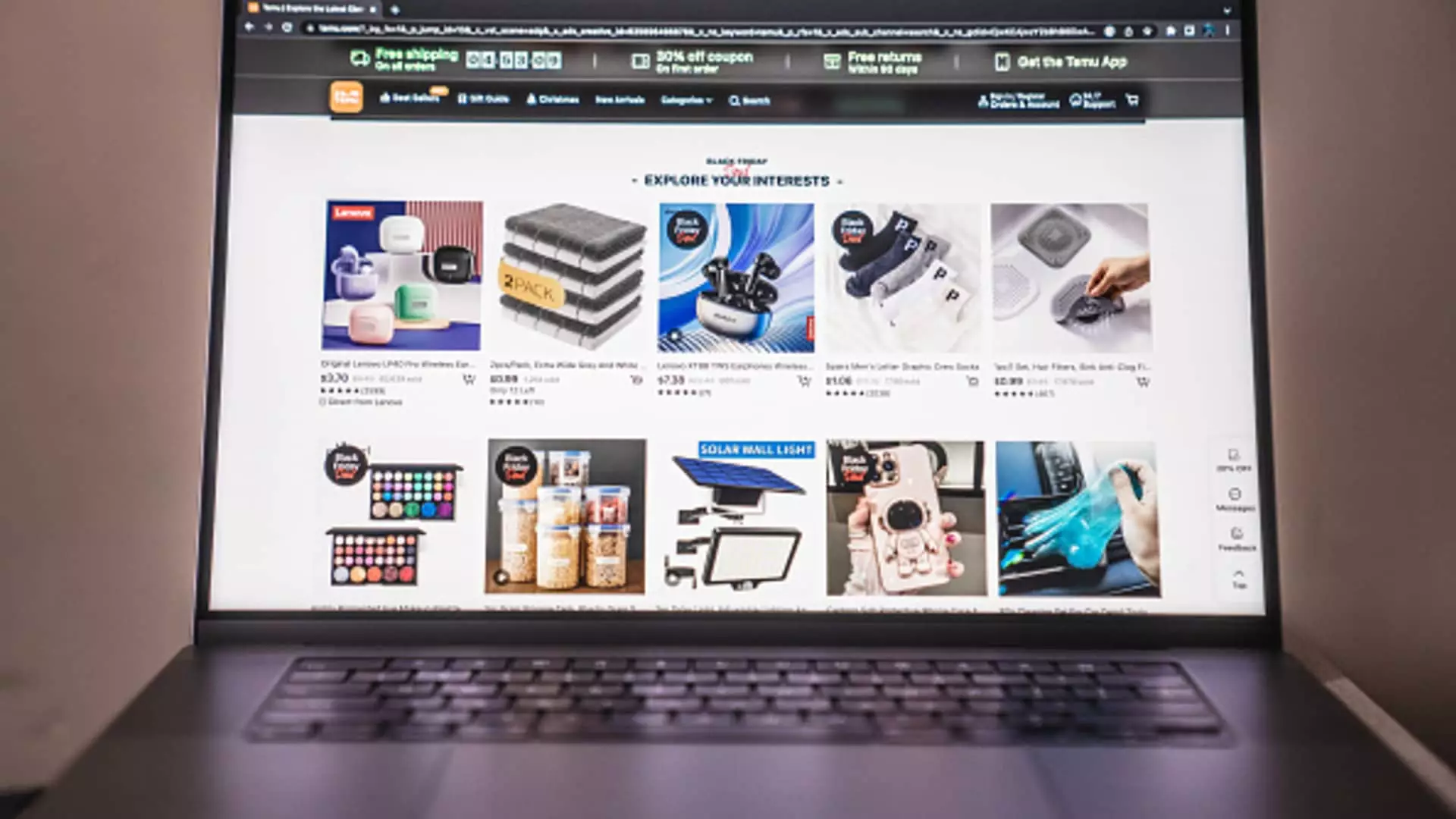Recently, two members of the U.S. Consumer Product Safety Commission (CPSC), Peter Feldman and Douglas Dziak, have raised concerns regarding the safety practices of “foreign-owned” e-commerce platforms such as Shein and Temu. Their primary focus is on the alleged sale of “deadly baby and toddler products” through these platforms. In a letter sent to the agency, the commissioners emphasized the need to investigate the safety and compliance controls of Temu and Shein, along with their relationships with third-party sellers and consumers, as well as any representations they make when importing products.
The CPSC commissioners are particularly interested in understanding these firms’ emphasis on low-value direct-to-consumer shipments, also known as de minimis shipments, and the enforcement challenges that arise when companies with minimal or no presence in the U.S. distribute consumer products through these platforms. The sale of products that pose safety hazards, such as padded crib bumpers and hoodies with drawstrings, has further accentuated the need for a thorough investigation into the safety practices of these e-commerce platforms.
In response to the allegations, both Shein and Temu have defended their practices. A Shein spokesperson stated that customer safety is a top priority for the company, and they are investing significant resources to strengthen their compliance programs. Similarly, a representative from Temu mentioned that they require all sellers on their platform to comply with laws and regulations, including those related to product safety. Both companies expressed their willingness to cooperate fully with any investigation by the CPSC.
Shein and Temu have gained immense popularity in the U.S. by offering consumers inexpensive goods from China. Whether it is a $3 pair of shoes or a $15 smartwatch, these e-commerce platforms have attracted a large customer base through aggressive online marketing campaigns. Shein, which launched in the U.S. in 2017, has been valued at $66 billion, while Temu, owned by PDD Holdings, entered the U.S. market in 2022 and quickly gained traction through strategic marketing efforts.
The success of Shein and Temu has not gone unnoticed by major players in the e-commerce industry. Companies like Amazon have been looking to launch competing discount storefronts to capitalize on the growing demand for affordable goods. Shein and Temu’s business model, which involves working closely with manufacturers and suppliers in China to ship products directly to the U.S., has enabled them to take advantage of trade loopholes such as the de minimis exemption.
CPSC officials have requested additional funding to hire staff members to monitor emerging e-commerce platforms like Shein and Temu more closely with regards to safety practices. Lawmakers are also paying attention to the safety concerns raised by CPSC commissioners and are considering regulatory measures to ensure consumer protection and product safety in the e-commerce sector. As the popularity of foreign-owned e-commerce platforms continues to grow, regulatory oversight and enforcement become crucial to safeguarding consumer interests.

Leave a Reply